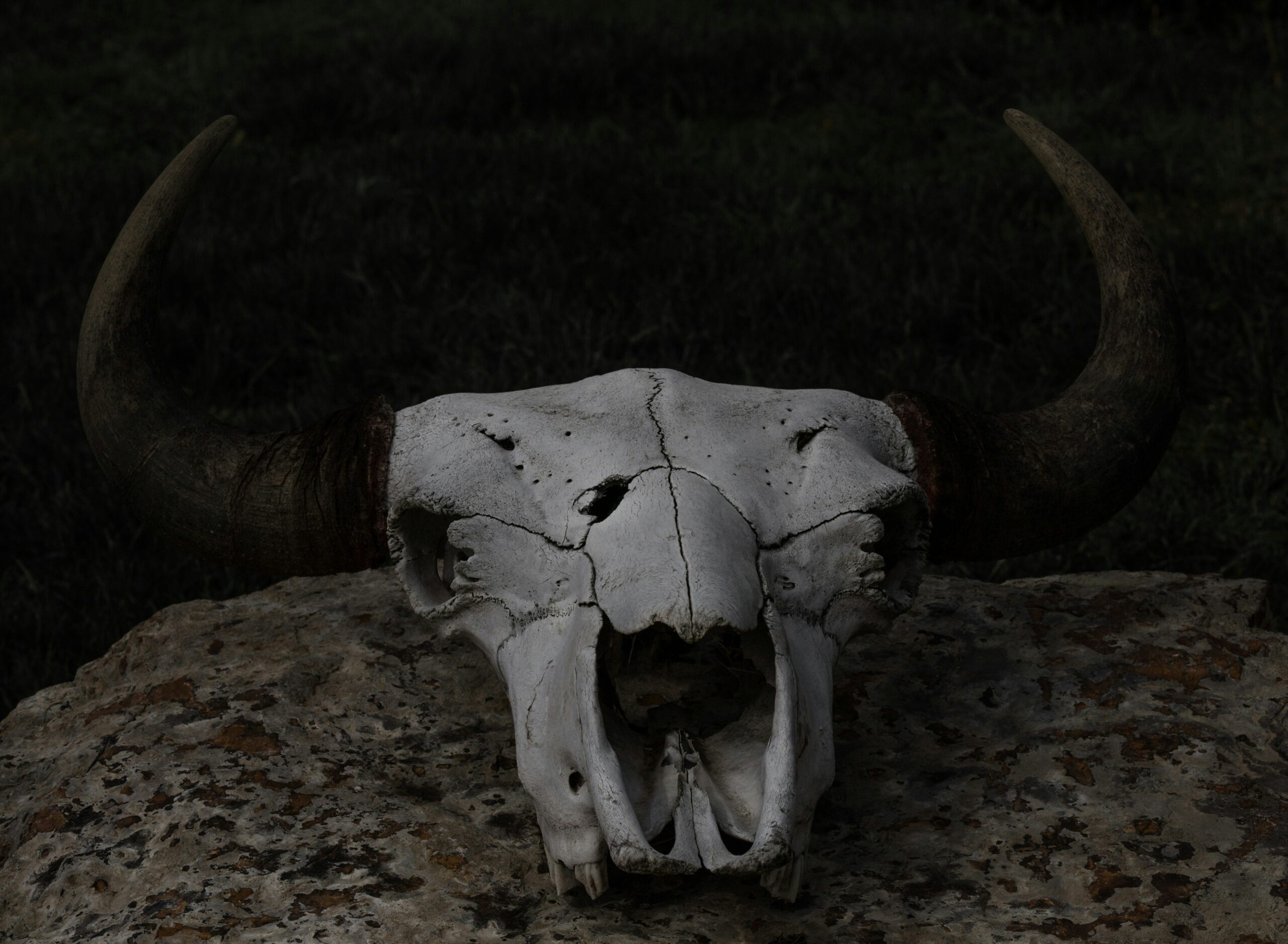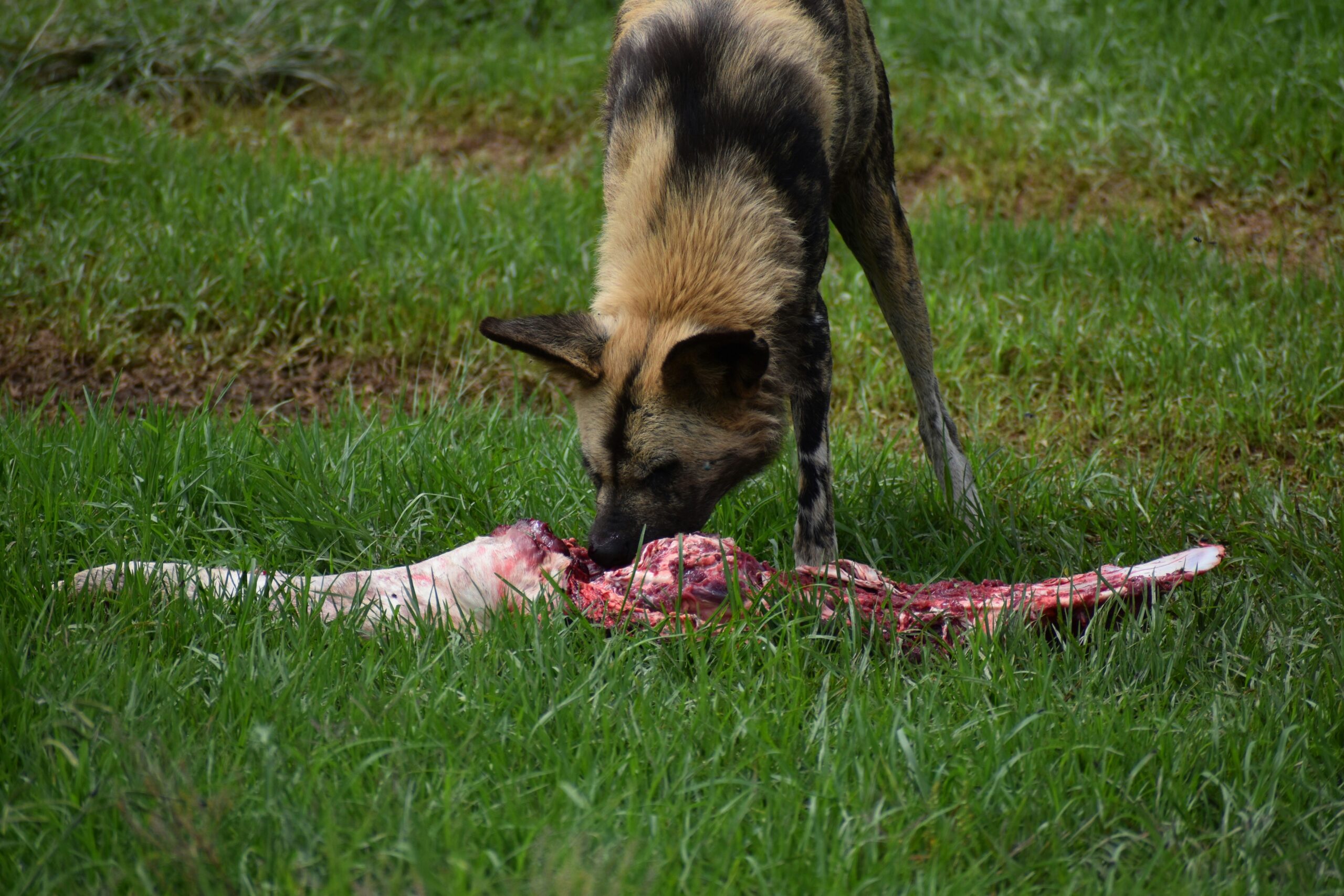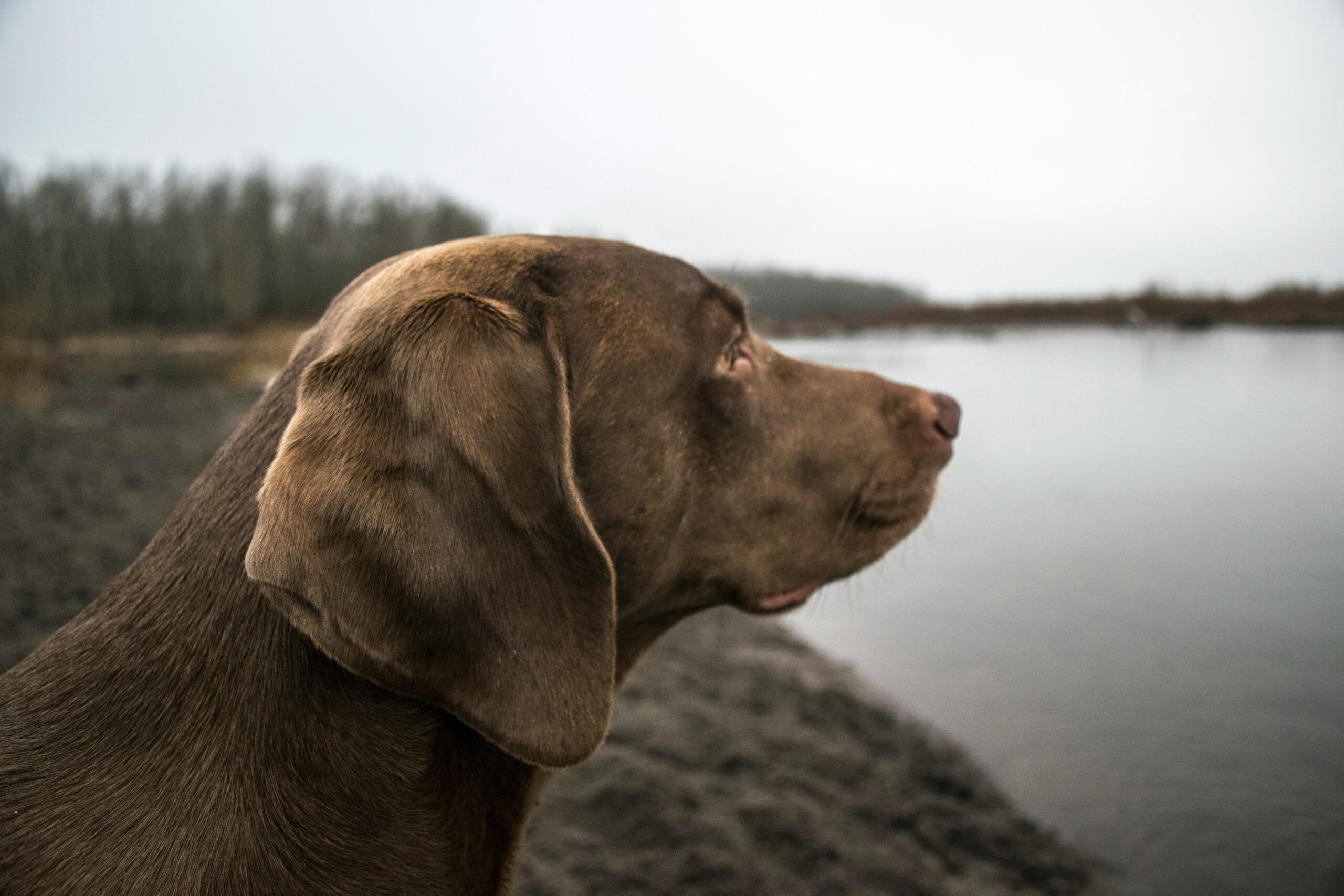Ever noticed how your dog seems totally wiped out after a long day of hunting? Their energy tanks, their eyes glaze over, and they look like they just ran a marathon—except it was more like dodging trees, leaping ditches, and chasing critters. What if I told you there’s an easy way to help them bounce back faster? That’s right; it starts with specialized pet food tailored specifically for hunting dogs.
In this guide, we’ll break down everything you need to know about “Post-Hunt Stress Relief” for your four-legged companion: why nutrition matters, actionable steps, tips, real-world examples, FAQs, and even some brutally honest truths about what NOT to do. Let’s get your pup feeling better ASAP!
Table of Contents
- Key Takeaways
- Why Post-Hunt Stress Matters
- Step-by-Step Guide to Relieve Post-Hunt Stress
- 5 Tips for Optimal Recovery
- Real-Life Success Stories
- Frequently Asked Questions
Key Takeaways
- Hunting dogs experience unique physical and mental stress post-hunt that requires targeted care.
- Specialized pet food can significantly aid recovery by replenishing nutrients lost during intense activity.
- Avoid common pitfalls like feeding generic kibble or overfeeding immediately after hunts.
- A consistent routine of hydration, rest, and proper nutrition is key to reducing post-hunt fatigue.
- Expert recommendations include high-protein diets rich in omega-3 fatty acids.
Why Post-Hunt Stress Matters
If you’ve ever felt sore after a tough workout, imagine how your dog feels after running miles across rugged terrain. Add to that the mental exhaustion from staying focused on scent trails and obeying commands—and you’ve got one tired pooch on your hands.
I learned this lesson the hard way when my lab, Max, collapsed at home after his first big hunt. Turns out, he was dehydrated and malnourished—not because I didn’t feed him enough but because I wasn’t giving him the *right* kind of fuel. Rookie mistake, I know. And trust me, seeing your dog struggle isn’t something you’ll forget anytime soon.

So why does post-hunt stress matter so much? Think of it as the difference between recovering quickly versus limping along for days (literally!). Ignoring these signs could lead to injuries, behavioral issues, or worse—a shortened career span for working dogs.
Step-by-Step Guide to Relieve Post-Hunt Stress
Step 1: How Do You Know If Your Dog Is Stressed?
Look for signs like panting, lethargy, trembling, or refusal to eat. These symptoms indicate your pup needs immediate attention.
Step 2: Hydrate Like It’s Life-or-Death (Because It Kinda Is)
Dehydration is no joke for active dogs. Offer small sips of water every few minutes—not gulps—to prevent bloating.
Step 3: Feed Them the Good Stuff
Swap out carb-heavy kibble for nutrient-dense formulas packed with protein and healthy fats. Brands like Zignature or Orijen are chef’s kiss for hunting dogs.
Step 4: Let Them Rest Without Interrupting
Create a cozy spot away from noise where your dog can nap uninterrupted. Pro tip: Play calming music—it’s basically spa vibes for Fido.
Step 5: Stretch It Out
Gently stretch your dog’s legs to improve blood flow and reduce muscle stiffness. Sounds simple, but it works wonders.
5 Tips for Optimal Recovery
- Prioritize Quality Over Quantity: Always opt for premium hunting dog foods instead of cheap fillers.
- Mix It Up: Rotate proteins to keep meals exciting while ensuring balanced nutrition.
- Monitor Portion Sizes: Feeding too much too fast can upset their stomachs.
- Add Supplements Wisely: Consider glucosamine for joint health if recommended by your vet.
- Stick to a Routine: Consistency helps regulate digestion and energy levels.
Real-Life Success Stories
Take Jake, a German Shorthaired Pointer who used to limp for hours after hunts until his owner switched him to a grain-free salmon-based diet. Within weeks, Jake bounced back twice as fast and even started performing better in competitions. Talk about a glow-up!

Frequently Asked Questions
Q: How long does it take for a hunting dog to recover fully?
A: Typically 24–48 hours, depending on age, breed, and overall health.
Q: Can treats help with recovery?
A: Yes, but only if they’re low-calorie and packed with nutrients, like freeze-dried liver snacks.
Q: Should I avoid all carbs?
A: No, not all carbs are bad. Sweet potatoes and brown rice provide slow-burning energy.
Conclusion
Helping your hunting dog recover from stress doesn’t have to feel overwhelming. With the right nutrition, hydration, and care strategy, you’ll see improvements in no time. Remember: “Optimist You” says follow these steps, but “Grumpy You” insists coffee comes first.
And finally, here’s a little something to leave you smiling:
Paws, hydrate, recover strong, Like springtime grass where rabbits belong. Healthy pups make hunting sweet— Their tails wag to the beat.


